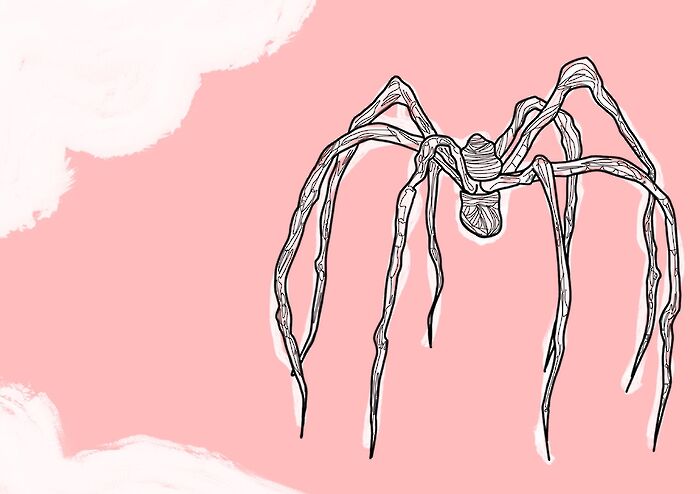A Poem for Walking
Alice Brewer explores the Cambridge landscape evoked through Ted Hughes’s poem ‘The Earthenware Head’

Much of Ted Hughes’ Birthday Letters focuses on his time at Cambridge: it’s where he met Sylvia Plath for the first time, and the collection dramatises various moments in their fraught relationship. Critics, as far as I can see, hate it. It is often read as part of the long history which presents Plath’s life as a grim, tortured tragedy. (Hughes and Plath’s daughter, Frieda Hughes, sums it up brilliantly in her poem My Mother: the phenomenon of the ‘Sylvia Suicide Doll’). My mother says that Hughes ‘has blood on his hands’ every time his name is mentioned.
Still, on this afternoon I am reminded, not of his tumultuous relationship with Sylvia, but of his poem ‘The Earthenware Head’. Appearing early in the collection, the poem centres around the eponymous terracotta head, made by an unnamed and mediocre art student, being taken on a walk to Grantchester, and ending up in the River Cam.
The poem brings out the drama of what might seem quite a placid Cambridgeshire landscape
I am writing this on the train back to Cambridge. I’ve accidentally taken the slow train from King’s Cross, which seems to stop at every minor town between North London and King’s Lynn. No one gets on or off at any of them. I want a cigarette. Pulling out of Saffron Walden, I spot a dog-walker: a single vertical amongst the persistently horizontal landscape. I think of the times when I have been walking in and alongside the Cambridgeshire flatness, maybe the horizontal in somebody else’s eyeline or photograph.
The poem evokes the image of so many of walks in Michaelmas, during which I’d try to stave off the dread, focusing instead on ‘November fen-damp haze, the river unfurling / In dark whorls, ferrying slender willow yellows’. I would end up finally dragging myself from my room at about four to walk from Trumpington Street to Lammas Land. Most days the early sunset wouldn’t confer that magic pink and orange light. Instead, grey and dark green. Everything is a little gloomier and more oppressive than it should be. Hughes’ poem gives a sense of drama and beauty to the landscapes I sometimes forget to enjoy; the greyish smell of the water and the sense of distance offered in the level earth. The curlicues of greyer cloud in a grey sky.
Recently, I made the walk to Grantchester with a friend. This time the orange light I'd so romanticised was, somehow, there, although the sunset was still largely obscured by the hedges that run parallel to the river. We talked about the state of our brains and the work piling up across the coming weeks. Tim climbed a tree, and then, a little more sane, we walked back towards the city.
In imagining the fate of the head in its watery internment, the poem looks forward to its summer: it will be ‘saluted / Only in summer briefly by the slender punt-loads of shadows flitting towards their honey / And the stopped clock’. The people outside the two-person drama of the poem are noted only in their absence, in the phrase ‘puntloads of shadows’. Spectral, their presence is suggested only by the absence of light they leave behind. The vaguely kitschy idea I have of summertime – the ice cream vans, the hired punts – seems equally distant at the moment, part of some unreachable toy set of the Cambridge pastoral, which probably only really happens on social media.
The poem brings out the drama of what might seem quite a placid Cambridgeshire landscape. As I sweat and type and sweat on this train back, I find myself looking forward to seeing it soon.
 Features / Should I stay or should I go? Cambridge students and alumni reflect on how their memories stay with them15 December 2025
Features / Should I stay or should I go? Cambridge students and alumni reflect on how their memories stay with them15 December 2025 News / Cambridge study finds students learn better with notes than AI13 December 2025
News / Cambridge study finds students learn better with notes than AI13 December 2025 News / Dons warn PM about Vet School closure16 December 2025
News / Dons warn PM about Vet School closure16 December 2025 News / News In Brief: Michaelmas marriages, monogamous mammals, and messaging manipulation15 December 2025
News / News In Brief: Michaelmas marriages, monogamous mammals, and messaging manipulation15 December 2025 Comment / The magic of an eight-week term15 December 2025
Comment / The magic of an eight-week term15 December 2025









